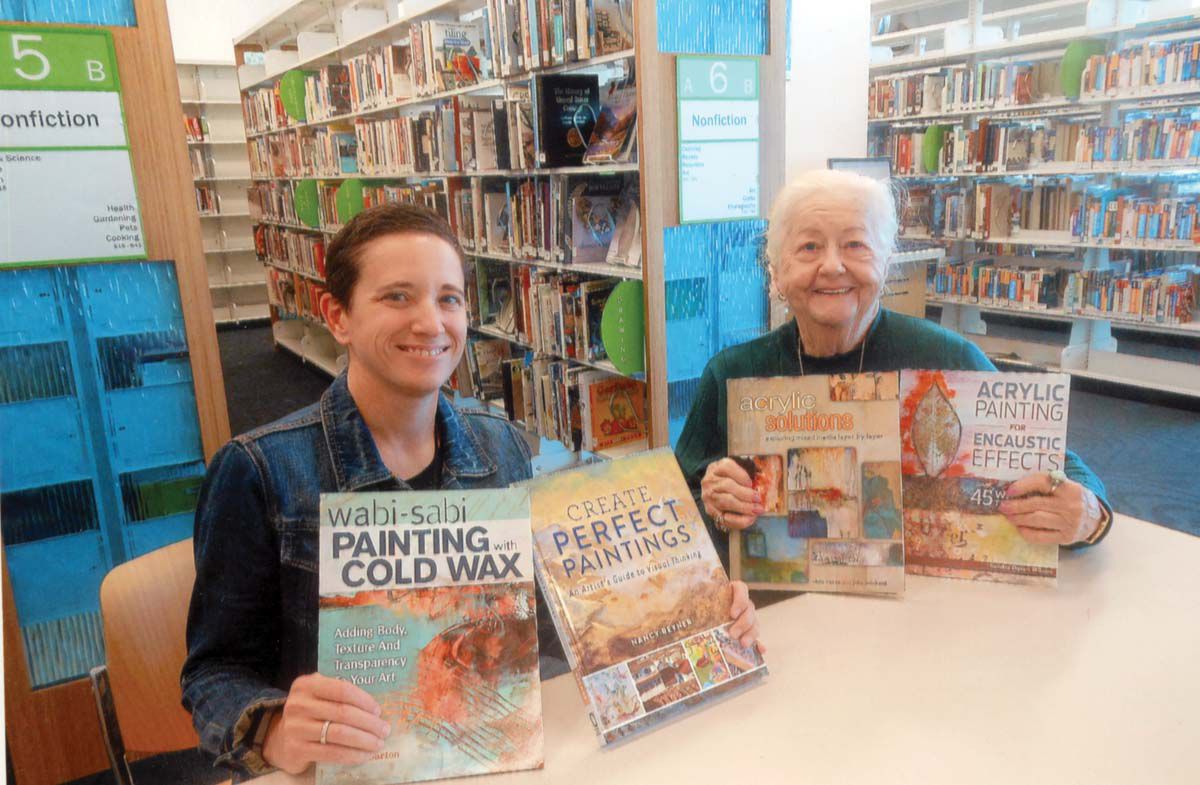As local Malibu library worker Norman Goldstein eloquently stated, “I’ve gone from feeding the mind to feeding the body.” The library page is now a disaster service worker along with hundreds of his colleagues in the Los Angeles County Public Library system.
In mid-March of last year when the LA County Board of Supervisors shuttered all county library facilities to slow the spread of COVID-19, employees were declared disaster service workers. Even though libraries were closed for in-person use, librarians were still coming to work, answering phones and helping people check out items electronically. However, most workers were asked to retrain for more pressing duties.
“We were asked to get trained to do contract tracing, the department of consumer and business affairs needed people to work a small business call center, The Homeless Initiative needed people to staff hotels and we needed people for food distribution,” North Regional Administrator Gladstone Bucknor explained. “We had a lot of people step up for these assignments that were not in their day-to-day job duties, but they did it and did well.”
While some of these new assignments could be done remotely from home, some workers drove to the far corners of the county like Lancaster, West Covina and Carson, to help distribute food to those in need. One such worker was Goldstein, who commented, “Food insecurity has gone way up since COVID and increased unemployment.” Goldstein and his crew went from shelving books to loading 80 pounds of food per car at drive-through distribution sites.
LA Regional Food Bank, in partnership with LA County Parks and Recreation, needs 40 library employees to staff these events. Bucknor described how gratifying the work is.
“You show up at 7:15 a.m. and folks are lined up in their vehicles,” he said. “Some people don’t have vehicles so they’ll come with a neighbor or friend. They pull up to your line, open the trunk and you put food in. They’re super nice—super appreciative. You don’t realize what the need is until you see how many people show up. It’s nice to see neighbors helping those without cars to the drive-thru events. You realize there’s a lot of people in our communities that are struggling and we’re in a position to help—and if not us, then who?”
Bucknor also explained library workers were sewing masks early on—delivering 4,500 and said the system has “been great in supplying enough PPE.”
Any worker could opt to stay at their local branch or work remotely, and no one has lost employment.
Melissa Stallings, community library manager at Malibu Library, has been holding down the fort locally with a skeleton crew. The Malibu branch has been offering sidewalk service since July. Books, other materials and even laptop computers with mobile hotspots are available to check out. Librarians are putting a lot of miles on their pedometers running material outside to clients. People can also send material to be printed at the branch and reference librarians are available by phone. According to Bucknor, frequently asked questions concern the pandemic and how to check out ebooks. He was proud to report one customer—although not in Malibu—checked out a computer kit complete with hotspot and was able to apply for a job and land it.
When disaster work came, the 15 Malibu employees quickly shifted assignments. Two librarians are contract tracing. “The rest of our staff is doing food distribution, data entry for public health and there is an assistant assigned full-time to homeless outreach,” Stallings shared.
“During normal times, working in the library is about connections. We all enjoy the connection we have with the Malibu community, but this has given us a chance to spread out throughout the county and make that connection when people are most in need,” Stallings continued. “Whether it’s distributing food or talking to people who’ve had a positive test result through contact tracing, it shows our job is really about making connections in a wider way. Anyone who uses the library here knows our staff is amazing. They’ve shown resilience throughout this process. We thought the week-and-a-half we were closed during the Woolsey Fire was momentous and then to be closed going on a year and the fact we’re all still coming to work every day—that people are still dedicated to their jobs and dedicated to serving people whether it’s here or out in the community—it just shows how amazing the people who work here are.”

